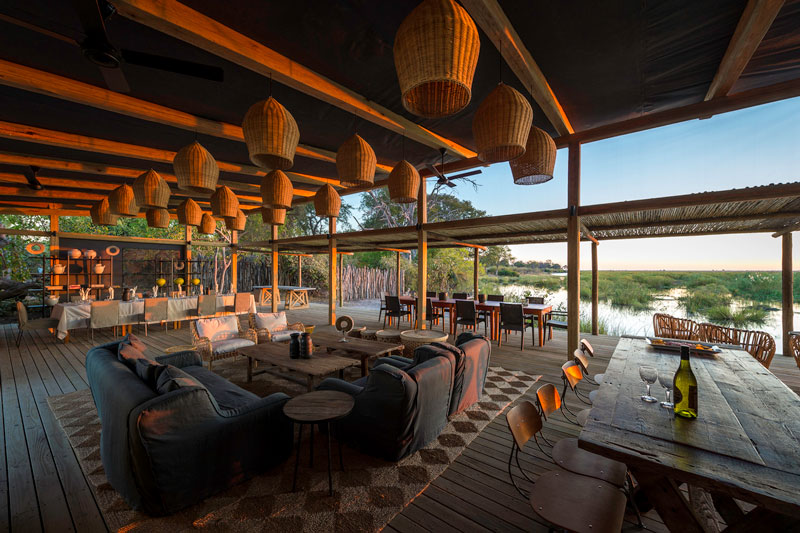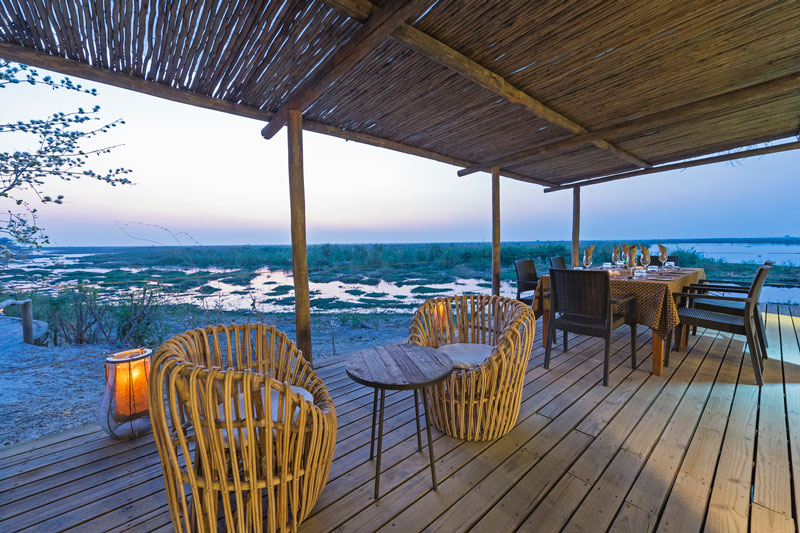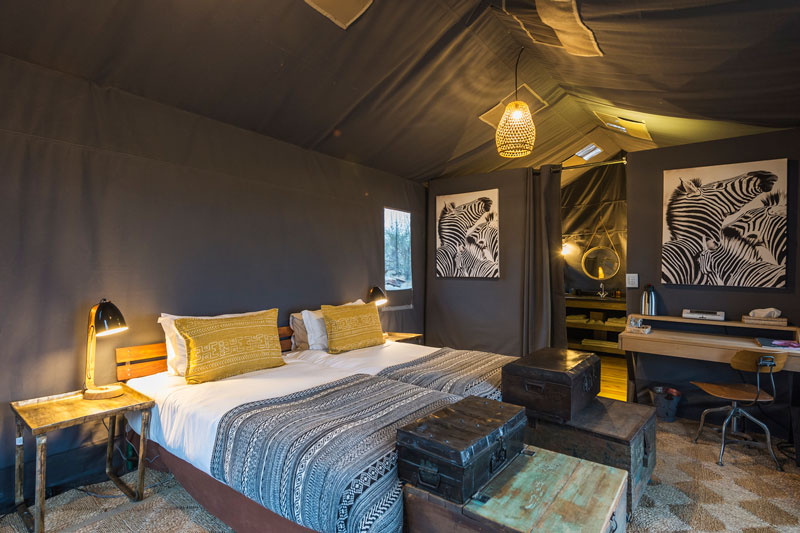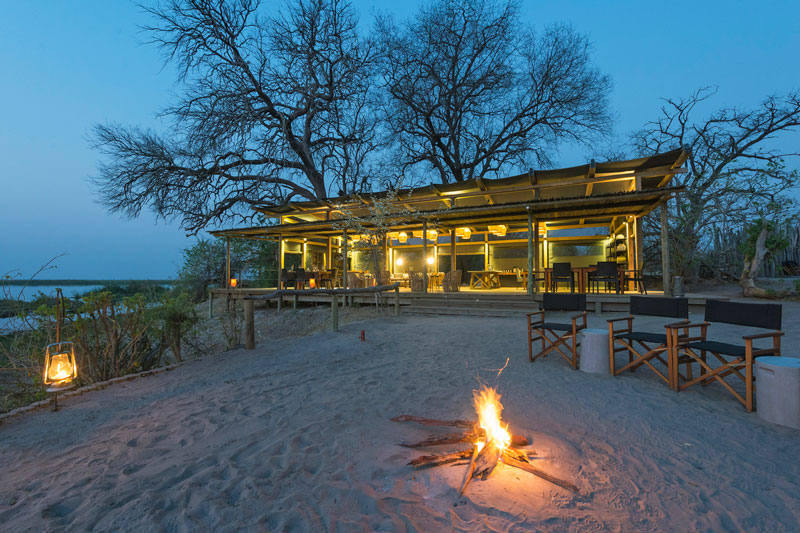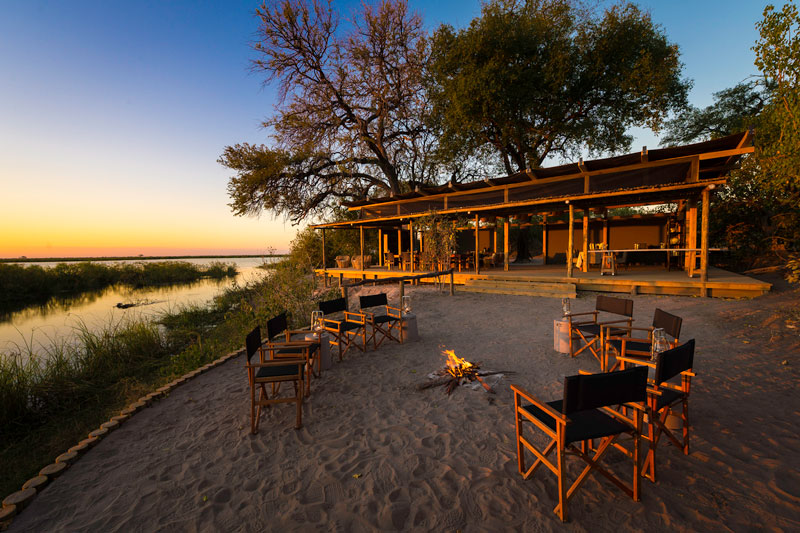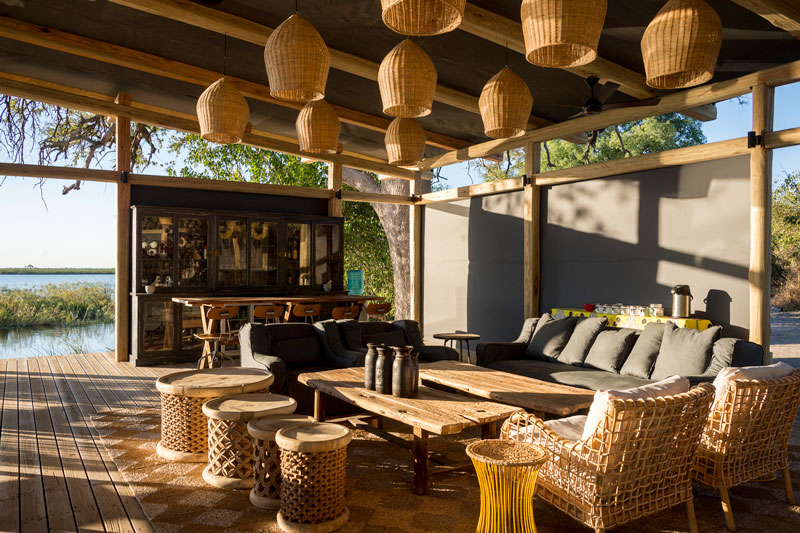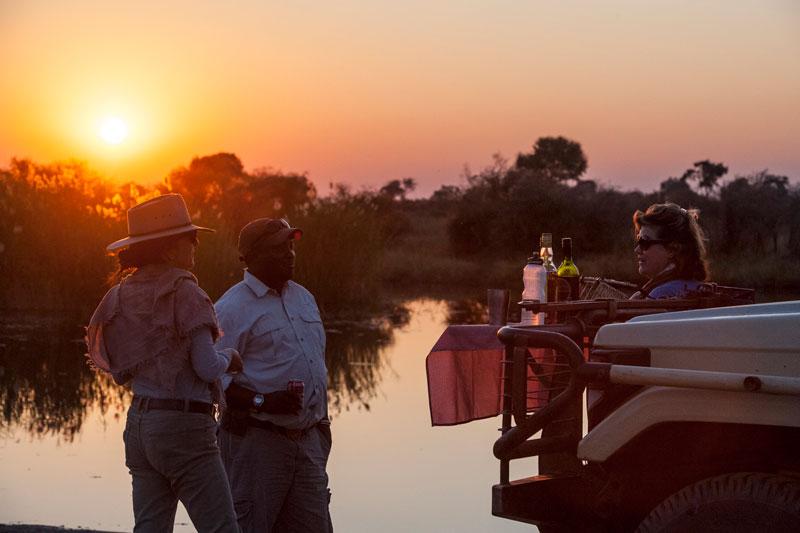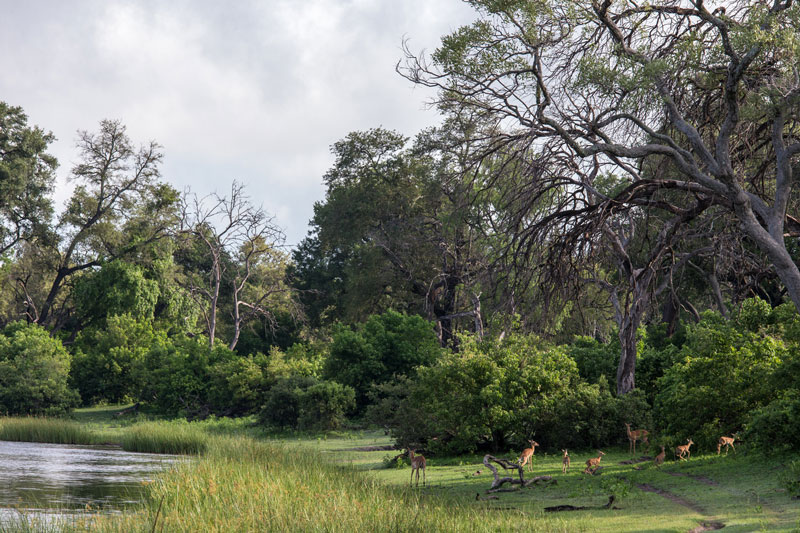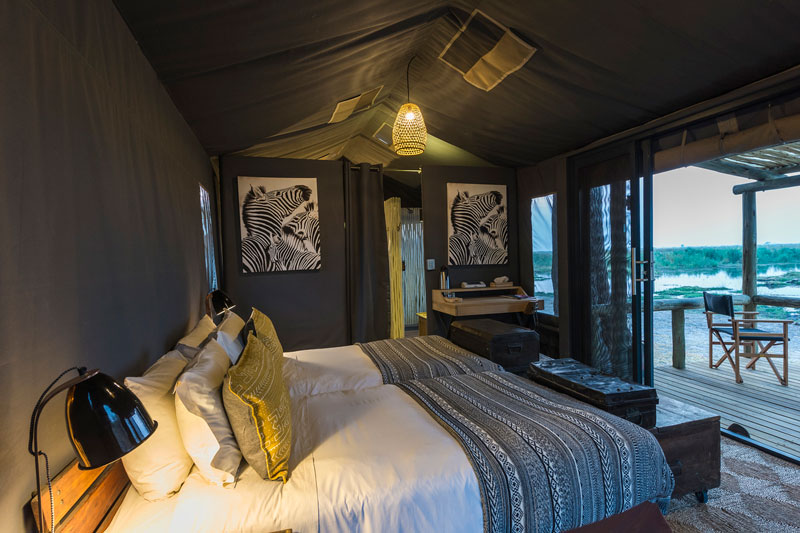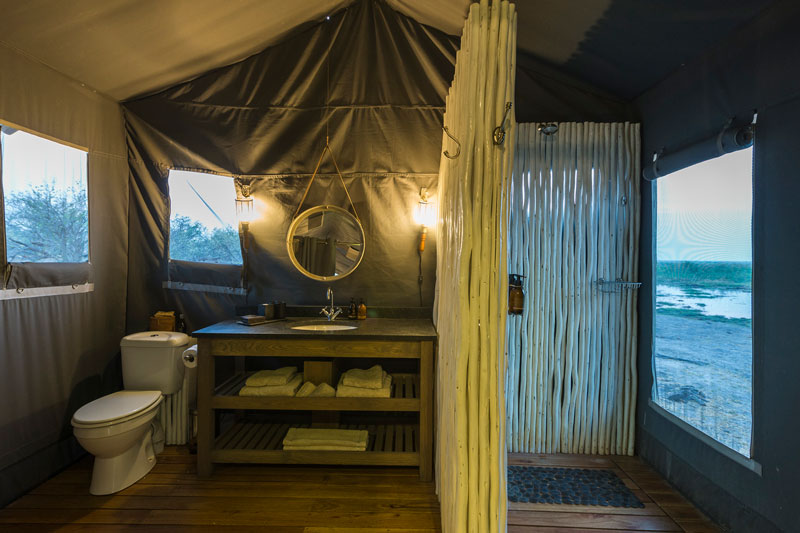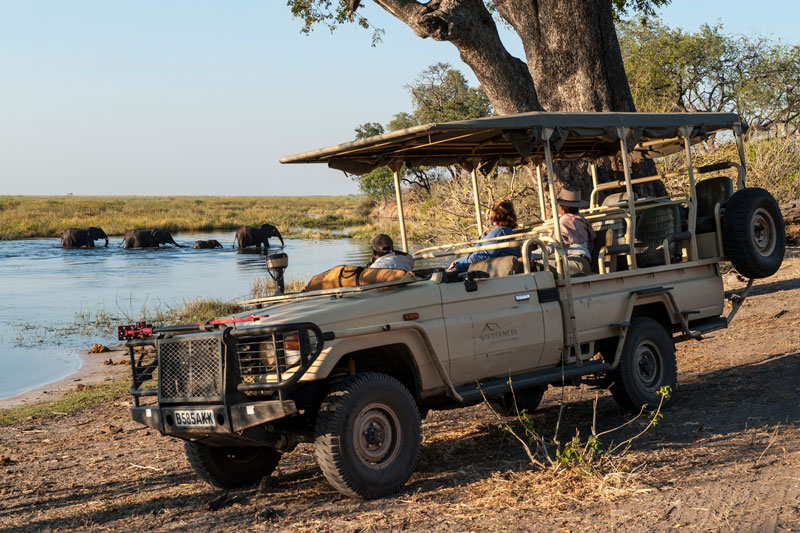Wilderness Linyanti Tented Camp
Wilderness Linyanti Tented Camp is located in the remote north east corner of the exclusive Linyanti concession in northern Botswana.
Wilderness Linyanti Tented Camp is an intimate, classically styled tented camp overlooking the Linyanti River system. The camp is split into two sections – East and West, and each side is operated as a separate four-tent enclave. This has led to these camps often being booked for private groups, but they are open to individual bookings. The tented accommodation is relatively simple in both camps, but perfectly comfortable, and being run by Wilderness Safaris guarantees good general levels of food, guiding and hospitality. Compared to the prices associated with other camps in the Linyanti Concession, Wilderness Linyanti Tented offers excellent value for money and offers a rare chance to access this exclusive wilderness at an affordable price point.
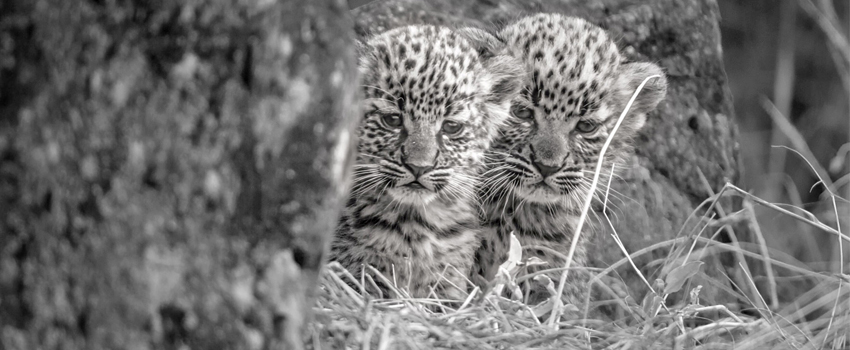
ACCOMMODATION
The camp is split into two self-contained sections – East Camp and West Camp, with four tents at each side. The camp can also be booked as one larger camp. Each tented room is built on to a wooden deck…
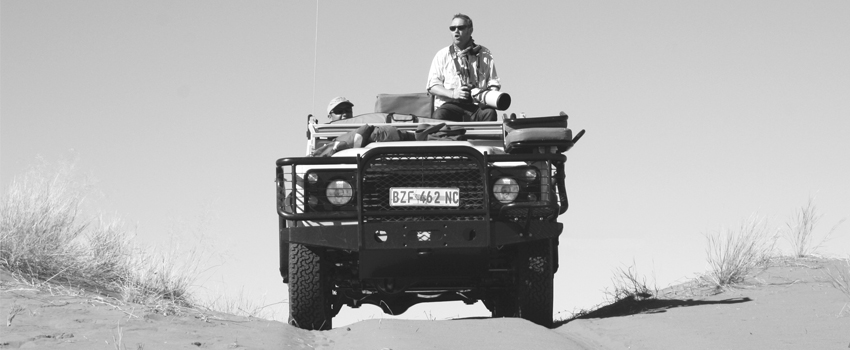
AREA & ACTIVITIES
The Linyanti concession is run by Wilderness Safaris and is home to several camps – Duma Tau, Little Duma Tau, Kings Pool and Linyanti Tented Camp overlooking the Linyanti wetlands in the north and Savuti…
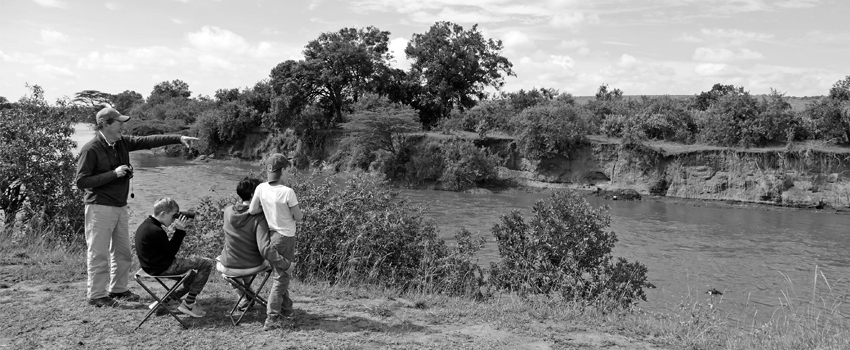
Families
Wilderness Linyanti Tented Camp accepts children 6 years and older, though with big game regularly wandering through camp and no specific family accommodation, it is really going to suit families travelling…
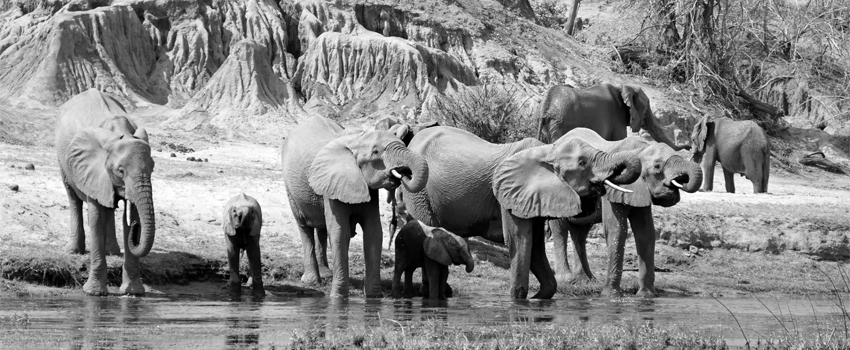
Conservation & community
Wilderness Safaris established the Children in the Wilderness programme (CITW) focusing on the children from villages close to the remote areas in which they operate, educating them in environmental awareness…
| Location | Linyanti Concession, Greater Linyanti |
| Access | Scheduled flight, charter flight or helicopter to Chobe Airstrip (plus 45 minute drive to camp) |
| Open | Year round |
| Pricing | £££££ |
| Camp Style | Luxury Tented Camp |
| Focus | Big game / Game drives |
| Children | 6 Years + |
| Activities | Game drives (day and night) / Limited guided walks / Birding |
| Vehicles | Open |
| Maximum Guests on Vehicle | 9 |
| Private Vehicle Options | No |
| Off-road Driving | Yes for predators |
| Number of Rooms | 4 tents in West Camp and 4 tents in East Camp |
| Family Accommodation | No |
| Bathroom | Flush toilet / Plumbed basin / Plumbed shower |
| Power for charging | In room |
| Lighting | Solar / Generator back up |
| Hairdryer | Not possible |
| Heating/Cooling | Standing fans |
| Room Safe | Yes |
| Laundry Service | Complimentary |
| Communication in room | Air horn |
| Wi-Fi | In room |
| Mobile Reception | No |
| Swimming | Communal |
| Wellness | No |
| Dining Style | Communal & Private |
| Drinks Included | House drinks |
| Credit Cards | Visa and Mastercard |


